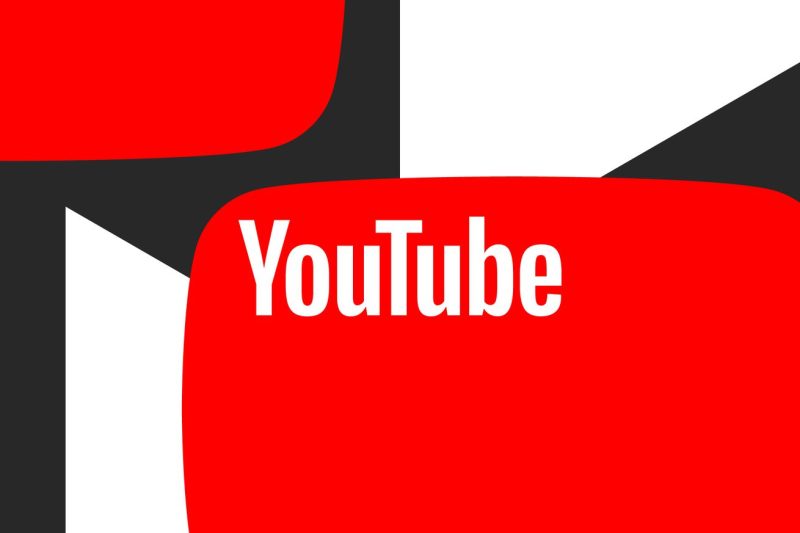
YouTube’s Bold Move: Striking AI Music Deals with Major Record Labels
**YouTube’s Push for AI-Generated Music: Promises and Pitfalls**
### AI in the Music Industry
Artificial Intelligence (AI) has been steadily making inroads into various sectors, revolutionizing the way things are done. The music industry, in particular, has been no exception as AI continues to reshape the creation, distribution, and consumption of music. Recent reports indicate that YouTube is in talks with major record labels to explore opportunities for AI-generated music deals, signaling a potential paradigm shift in the industry.
### The Pros of AI-Generated Music
One of the significant advantages of AI-generated music is its efficiency in creating and producing a vast amount of content in a short period. With the ability to analyze vast datasets, AI algorithms can quickly identify patterns, generate melodies, harmonies, and even lyrics, catering to the growing demand for fresh music content. This efficiency can significantly lower production costs and time, enabling artists and record labels to churn out more music at a fraction of the traditional cost.
Furthermore, AI-generated music has the potential to democratize the music creation process, allowing aspiring artists and creators access to tools and platforms that can help them bring their musical ideas to life. Such democratization could lead to a more diverse and inclusive music industry, providing opportunities for untapped talent to emerge and thrive in a competitive market.
### Potential Challenges and Ethical Concerns
While the prospect of AI-generated music offers numerous benefits, challenges and ethical concerns accompany this technological advancement. One of the primary concerns is the potential for AI-generated music to devalue human creativity and artistry. As AI algorithms become more proficient in emulating human musical styles, there is a risk of diminishing the unique voices and expressions of human musicians.
Moreover, the question of ownership and copyright poses a significant challenge in the realm of AI-generated music. Who owns the rights to music created by machines? How should royalties be distributed in cases where AI algorithms are the primary composers? These complex legal and ethical issues must be addressed to ensure fair compensation and recognition for all parties involved in the music creation process.
### The Future of AI in Music
Despite the challenges and ethical dilemmas surrounding AI-generated music, its integration into the music industry appears inevitable. As technology continues to evolve, so too will the ways in which music is created, shared, and consumed. The collaboration between YouTube and major record labels to explore AI music deals is a testament to the industry’s eagerness to embrace innovation and stay ahead of the curve.
In the coming years, we can expect to see a proliferation of AI-generated music across various platforms, offering listeners a diverse range of music styles and genres to enjoy. While the role of AI in music creation will undoubtedly grow, it is essential to strike a balance between technological advancement and the preservation of human artistry and creativity. By navigating these challenges thoughtfully, the music industry can harness the power of AI to enhance creativity, foster innovation, and ultimately enrich the musical landscape for artists and listeners alike.
